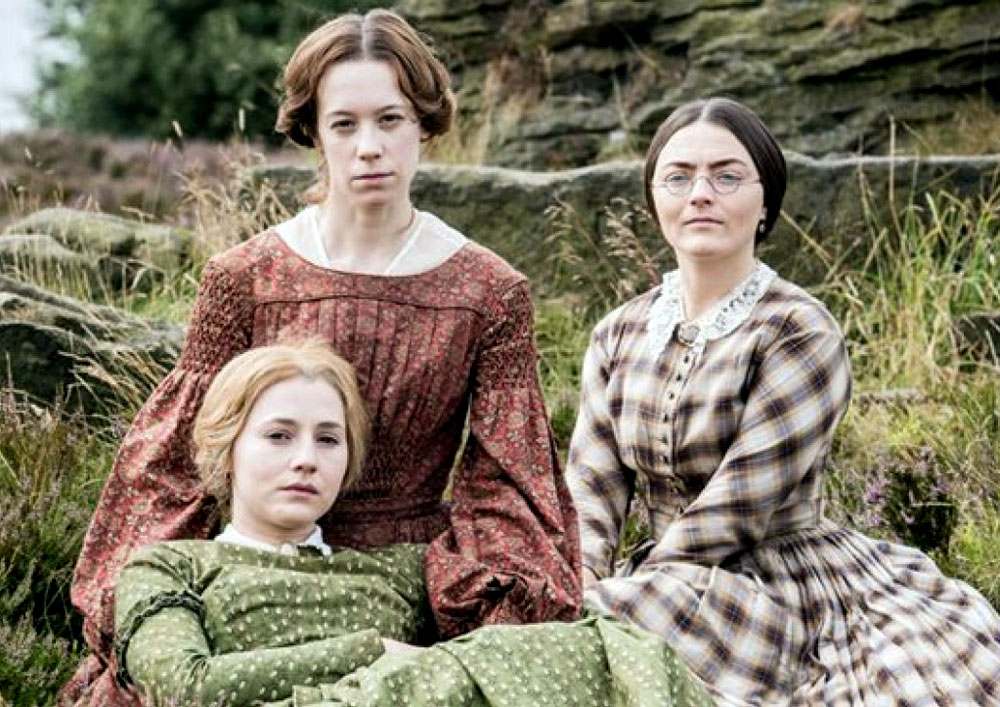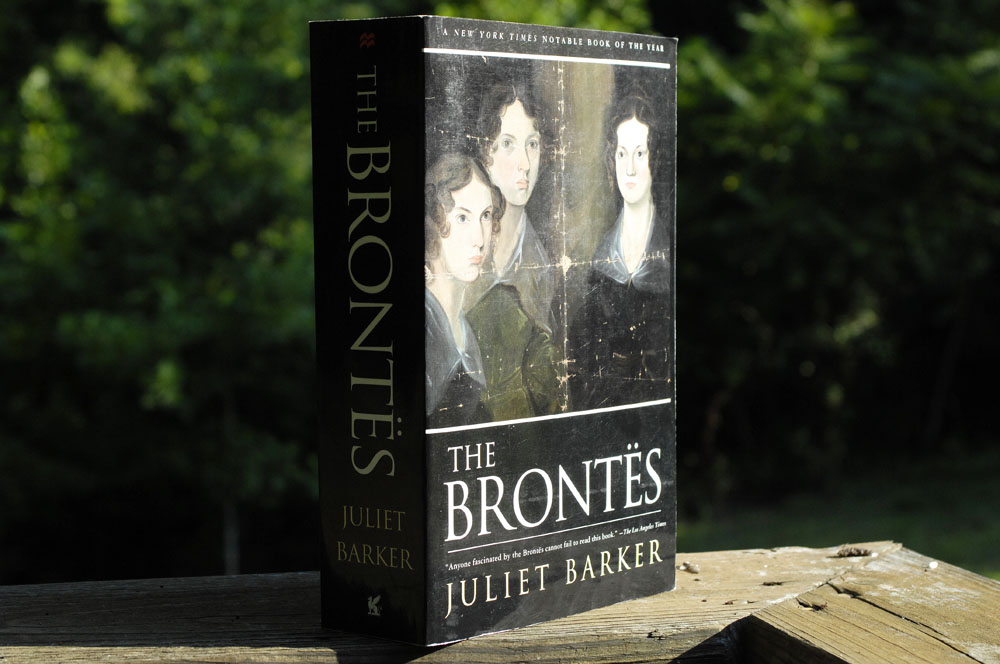For literature lovers, “To Walk Invisible” is a must-see. It’s a two-hour, two-part British production about the Brontë sisters, shown this spring in the U.S. on PBS and now available on DVD.
It is an extremely strange production, and it will give Brontë fans hours of arguing and brooding material. As far as I know, Juliet Barker’s massive tome of a biography of the Brontës (1994) remains the go-to biography. I have not read the entire book (it’s 1,004 pages, and I bought it years ago partly as a reference), but I have read much of it. Based on the Barker biography, I would have said that the chief feature of the sisters’ life in their Yorkshire parsonage would have been unremitting boredom relieved only by imagination. But “To Walk Invisible” shows the household in constant turmoil, a turmoil caused mainly by Branwell’s alcoholism and his overall dysfunction.
The casting is superb. How is it possible that Ireland and the British Isles go and and on producing such superb young actors and actresses? Is it their training? Normally I am quite good at following regional accents in the British Isles, but the northern accents in “To Walk Invisible” were a challenge, especially Emily’s, played by Chloe Pirrie, who is Scottish. Finn Atkins, who plays Charlotte, is English. Charlie Murphy, who plays Anne, is Irish. So I can’t vouch for the authenticity of their northern accents, but they sure threw me. If the dialogue is a problem, you can turn on English subtitles. Jonathan Pryce is a superb Patrick Brontë, and Pryce speaks a perfect Oxford-Cambridge English.
Whether or not Brontë scholars would give their seal of approval to the accuracy of the details of the events and dialogue and turmoil inside the Brontë parsonage (mostly I think they would not), this is a beautiful production. It also gets out onto the moors, dogs and all. Any telling of the Brontës’ story is going to be heartbreaking and heavy on pathos, in that they died far too young and far too unhappy. Only Charlotte lived long enough to enjoy her fame. But a part of appreciating the Brontë contribution to English literature is an appreciation of how badly they suffered to produce it.


Post a Comment